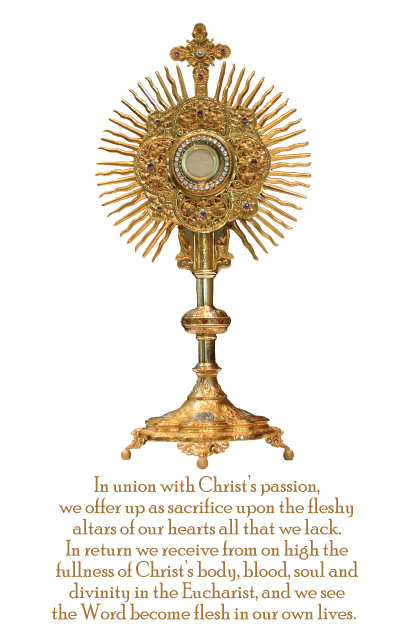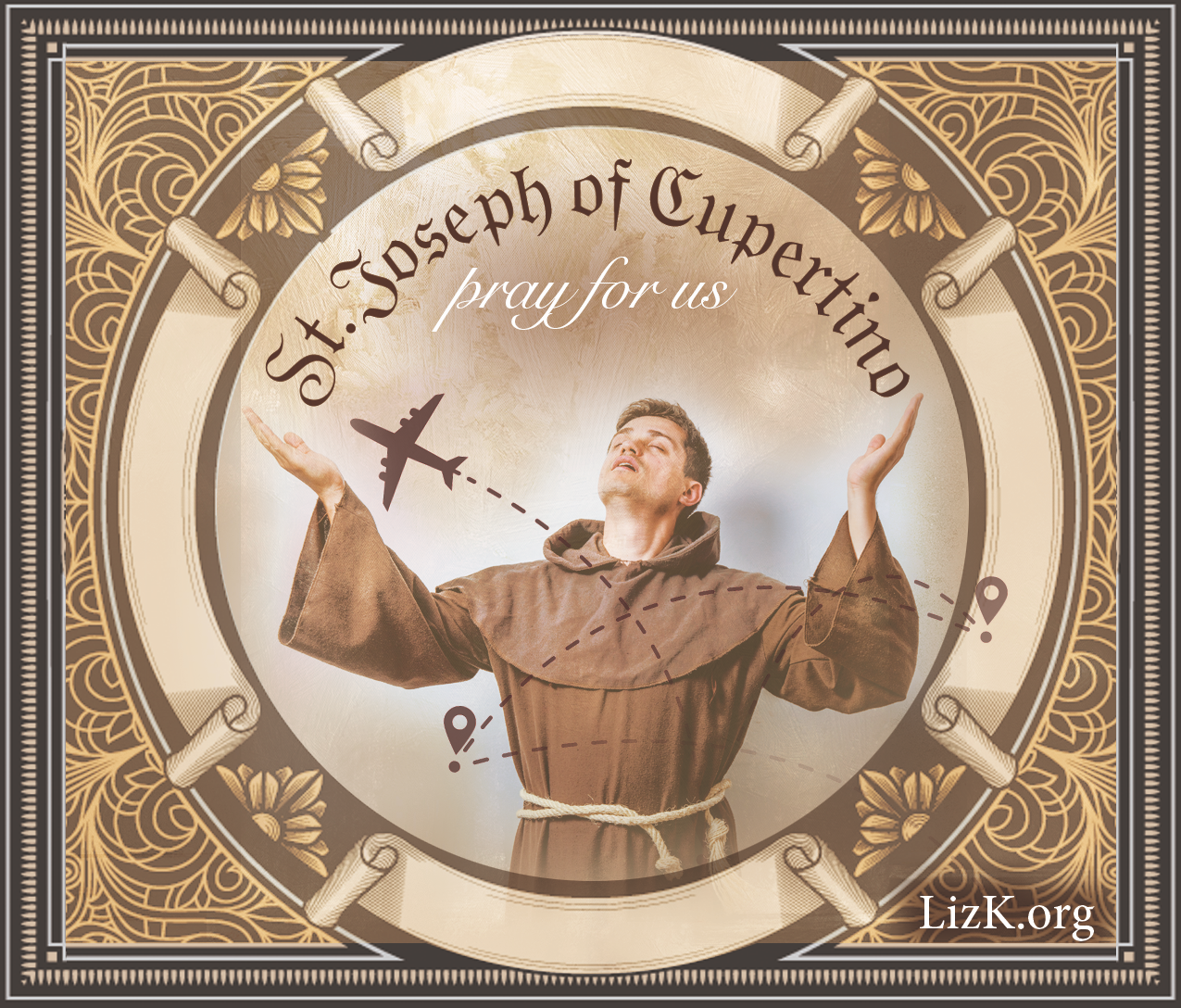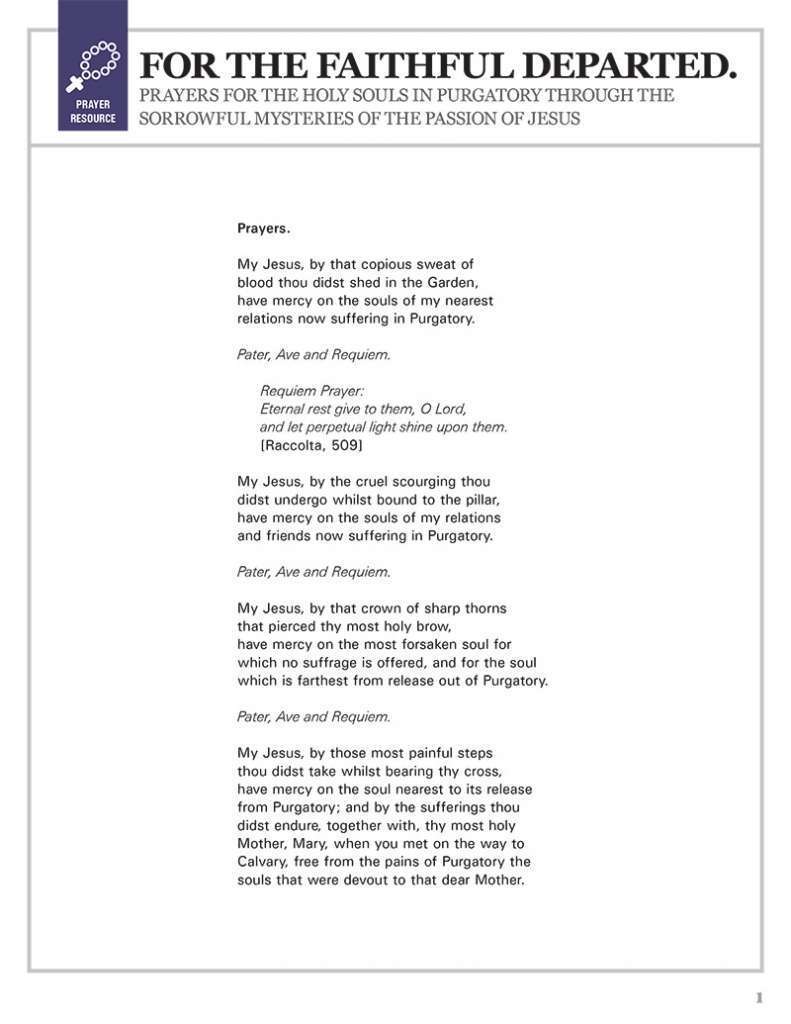It’s hard to believe, but we’re only a few days away from Easter. And what better way to kick off the celebration than with a prayer? Throughout this Holy Week, we invite you to participate in Eucharistic Adoration. This simple prayer can help us connect more deeply with God, who is present in the Eucharist.
If you’re not familiar with Eucharistic Adoration, don’t worry—this is a prayer that is easy to learn and can be practiced at any time throughout the year. We hope you will join us this Easter as we pray for the healing of our world.
What Is Eucharistic Adoration?
Eucharistic Adoration is a form of prayer offered up to the Eucharist, which can be found in the Roman Rite of the Catholic Church. The word “adoration” comes from the Latin word adorare, meaning “to adore.” It is an act of reverence and honor, in which Christians come before the Blessed Sacrament with hearts full of love and appreciation.
During Eucharistic Adoration, Catholics may kneel, stand, orlean on their knees before the tabernacle or altar, and offer up prayers and thanksgiving. They may also sing hymns or pray aloud. It is customary to recite one’s Rosary while engaged in Eucharistic Adoration.
The purpose of Eucharistic Adoration is not only to give homage to Christ present in the Sacramento but also to receive strength from Him in our time of need. By coming together in this special way, we are able to share Our Lord’s presence more fully among us and draw closer to Him.
The Benefits Of Eucharistic Adoration
The Catholic Church teaches that the Eucharist, or Lord’s Supper, is the central and most important sacrament. Catholics believe that by eating and drinking the Body and Blood of Christ, they are united with Him in His death and resurrection. The Eucharist is also considered to be the source of spiritual nourishment for Christians.
When Catholics pray the Lord’s Prayer, they are often praying specifically for their own needs and those of others. However, many Catholics also pray for themselves and others during the Eucharistic Adoration ritual. This ritual consists of praying before the Blessed Sacrament for fifteen minutes every day. During this time, Catholics can ask God to help them find direction in their lives, forgive them their sins, provide them with strength and peace, and protect them from harm.
Eucharistic Adoration has many benefits for Christians. It can help them connect more deeply with God, increase their faith in Him, and draw closer to Him through prayer. Additionally, Eucharistic Adoration can help Christians deal with difficult life situations more effectively.
Guidelines For Prayers For Eucharistic Adoration
The guidelines for prayers for Eucharistic adoration are as follows:
1. Prayers should be directed to the Holy Spirit and addressed to Him alone.
2. They should be filled with gratitude and praise for the gift of Christ’s Body and Blood.
3. The believer should take time each day to offer these prayers, allowing the presence of the Lord to fill his or her heart.
4. Adoration can be done either facing the Blessed Sacrament or turning towards it while kneeling or standing.
5. Devotions to the Sacred Heart can also be included, as well as petitions for grace, peace, and protection during prayerful moments.
Introducing Eucharistic Adoration
The Catholic Church teaches that adoration of the Eucharist is one of the most important aspects of our worship. This prayerful act of looking upon the Real Presence of Jesus Christ in the Eucharist is a powerful way to connect with Him and receive His divine grace.
To make adoration as meaningful and nourishing as possible, it is best to do it in a setting that is holy and reverent. Some suggestions for creating an atmosphere conducive to sacred awe while praying before the Blessed Sacrament include:
reserving an area in your home specifically for Eucharistic adoration;
lighting votive candles or lamps around the tabernacle or altar; playing spiritual music; inviting special guests, such as priests or religious sisters, to participate; fasting beforehand; and taking a few minutes after each liturgy or prayer service to pause and offer thanksgiving for all that has been received from God during that time.
No matter how you choose to pray before the sacrament, remember that adoration is a personal encounter with Jesus Christ. Allow Him into your heart and allow Him to fill you with His love and grace.
The Purpose Of Eucharistic Adoration
The Purpose of Eucharistic Adoration
The Catholic Church teaches that the most important purpose of eucharistic adoration is to give thanks for the gifts of Jesus Christ. “Christ is not only present in, but chiefly through and in, the Eucharist,” wrote Pope John Paul II. “This means that the Mass is not just a sacrifice flesh and blood offerings, but that it is above all a sacrament of communion.”1 In other words, by coming together to adore Jesus in the Blessed Sacrament, we come closer to him and can share in his life and love.
Eucharistic adoration also helps us to overcome our personal sins. The Catechism says: “In this way [in eucharistic adoration] we receive from him precious grace which helps us to put away sin with repentance.”2 Finally, by spending time in humble prayer before the Lord’s Table, we prepare ourselves for union with him on Easter Sunday.
How To Begin Praying For Eucharistic Adoration
If you are interested in praying for the Eucharist, there are a few things to keep in mind. The Catholic Church encourages everyone to pray the Rosary, which is a prayer that begins with the words “Hail, Mary.” Praying the Rosary is a great way to learn about our faith and connect with Jesus Christ.
Another way to pray for the Eucharist is to ask God to sanctify it. This means that we want God to make the Eucharist holy and special. We can also pray for others who are receiving the Eucharist, asking God to guide them on how to receive it properly. Lastly, we can pray for ourselves during Mass, asking for guidance and protection during Communion.
Guidelines For Conducting Eucharistic Adoration
There are a few guidelines that should be followed when praying eucharistic adoration.
First and foremost, it is important to remember that prayer is not just an act of the mind; it is also an act of the heart. When we pray, we need to be humble and open ourselves up to God’s Spirit.
Secondly, eucharistic adoration should be done with reverence and devotion. We should always have a sense of awe before God in this time of prayer. If at any time we lose our focus or become agitated, it is best to end the prayer session.
Thirdly, it is important to keep our eyes closed during the entire duration of eucharistic adoration. This helps us focus on our Lord and Savior more fully.
Finally, it is helpful to establish some specific times each day for eucharistic adoration. This will help us get into the habit of praying regularly for our loved ones and for guidance in life.
Summary
We all know that when we come to Mass, we are coming to the altar to receive God’s love and mercy. We may offer our prayers before or after receiving bread and wine, but what if there was a time during the liturgy where we could specifically ask for God’s help in our lives? Thanks to Eucharistic Adoration, which can be celebrated at any point during Mass, there is:
Prayers for peace and reconciliation Prayers for strength in difficult times Prayers for financial stability Prayers for a good job Prayers for health And so much more! If you have never participated in Eucharistic Adoration, now is the perfect time to start. There are many Churches throughout the United States that offer this special form of prayer. Perhaps you can find one close by and join us each week as we come together to give thanks to our Heavenly Father.






